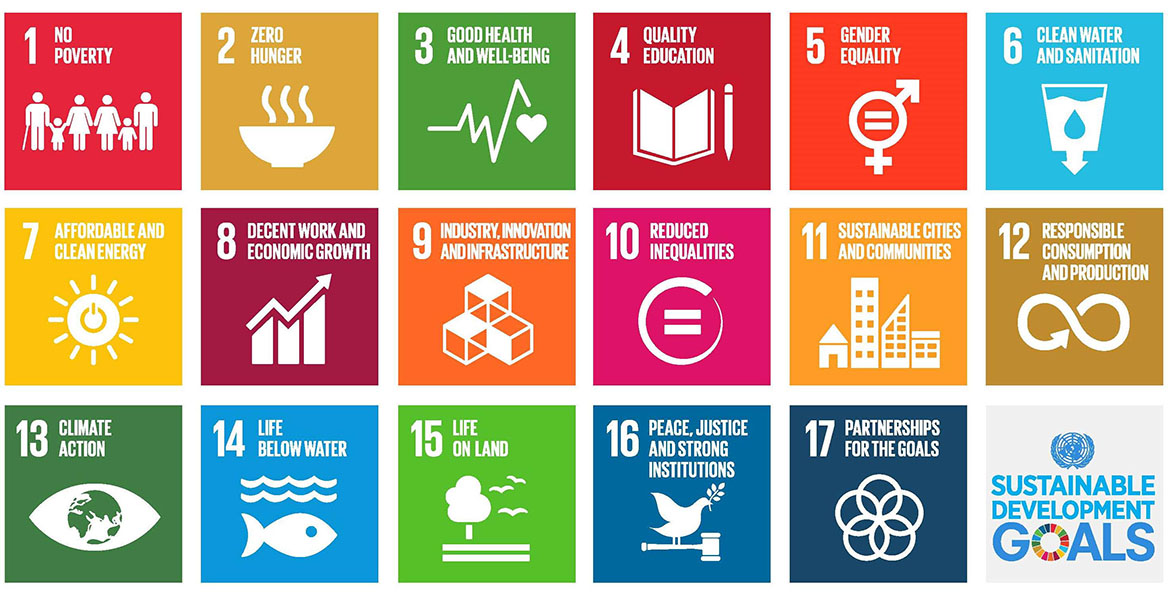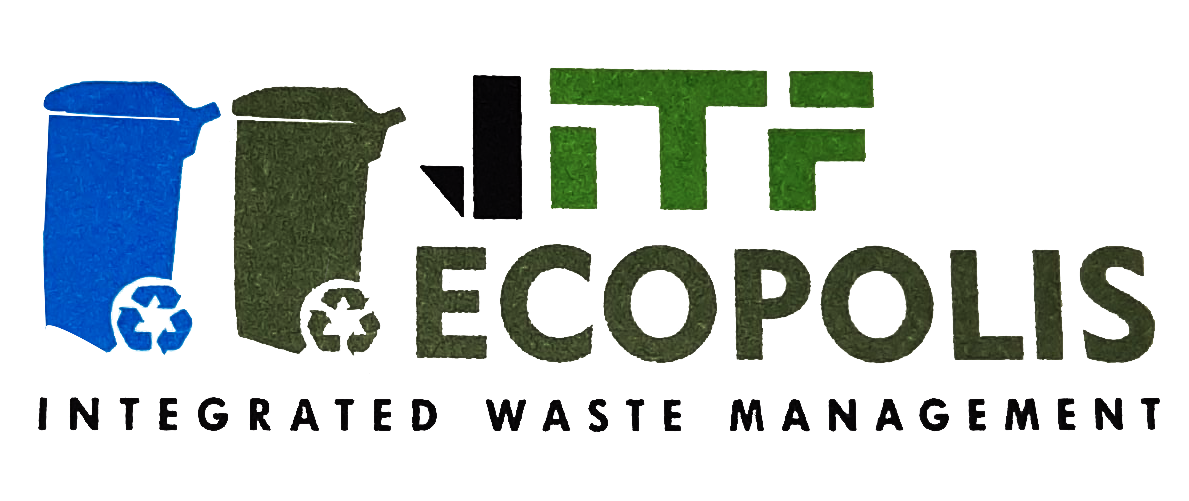Pillers
Pillers
Sustainability clearly focuses on meeting the need of present generation without harming or compromising the ability of future generation to meet their needs. Sustainability identifies the relationship between economic, social equity and environment. sustainable waste management stands on three pillars of economically affordable, socially acceptable and environmentally effective. Learning about sustainability leads us to sustainable development, this term has several meanings when seen from different perspective one way to explain it can be, Economic and social development without harming the environment. To make it unanimous for every country so that every country works in the same direction, in 2015 The United Nations General Assembly gave 17 sustainable Development goals, which are targeted to be fulfilled by 2030. These goals cover all three aspects of sustainable development, economic, social and environmental. They provide clear guidelines and targets for all countries to adopt in accordance with their own priorities and the environmental challenges of the world at large. The goals are interconnected – often the key to success on one will involve tackling issues more commonly associated with another
We at TWEPL contributes a small part to meet our goal of sustainable development for the country. Traditionally electricity was and even today is produced by burning of coal, which is a non-renewable fuel of the generation and if we keep on the using the coal at the same rate there will be no coal left not only for electricity but for other purposes too. At TWEPL we replaced coal and used municipal waste collected from each one of our houses to generate electricity. In this way 2 major problem are considered 1. Waste management 2. Power generation. Which is surely a direction leading towards sustainable development.

